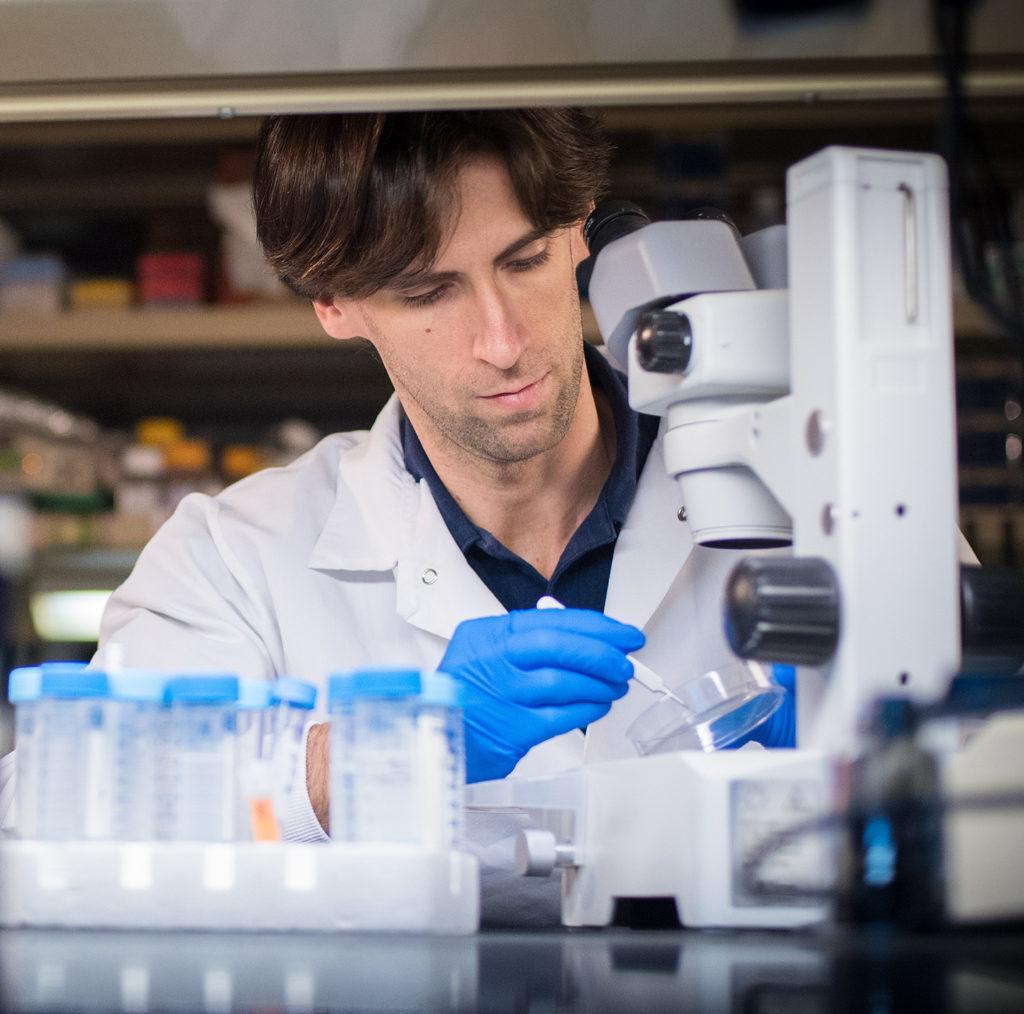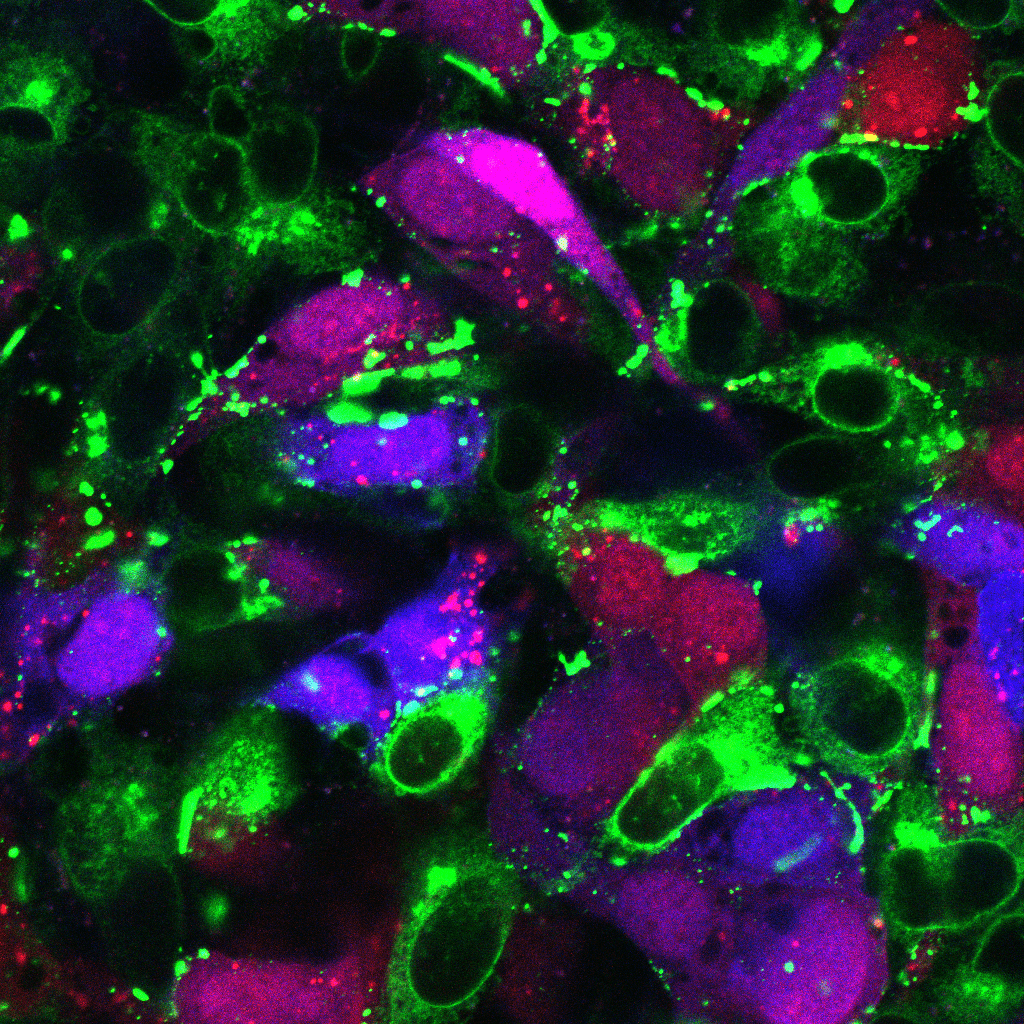Understanding the role of the bone marrow in blood cell health and disease

Congratulations to Dr Miguel Ganuza from Barts Cancer Institute’s Centre for Haemato-Oncology who is the recipient of a Career Development Award from the Medical Research Council. The award of approximately £1.5 million over 5 years will fund a research project that will investigate how the bone marrow supports blood stem cells (BSCs) and how changes within the bone marrow can drive the development of diseases, such as leukaemia.
The bone marrow niche
The project will be focussing on the bone marrow ‘niche’ - pockets of specialised cells within the bone marrow where blood stem cells (BSCs) reside. BSCs give rise to all of the white and red blood cells in our body needed for us to survive and fight infections, and the bone marrow niche creates the optimum environment for the regulation of BSCs and the generation of blood cells. However, during the ageing process, the bone marrow niches change and BSCs can lose their potency and ability to produce new blood cells, resulting in health issues such as anaemia or compromised immune systems.
In addition, BSCs can become damaged and acquire genetic changes that transform them into leukaemic stem cells (LSCs), which drive the development of a type of blood cancer called leukaemia. LSCs can further modify the bone marrow niche, hijacking the niche cells to aid their own growth and development and to promote cancer progression.

As the identities of the cells that form these niches are currently unknown, the research project will aim to define the precise cellular and molecular composition of bone marrow niche that supports healthy BSCs, and identify the components that change with age and during disease. Such an understanding is vital to the development of treatments for conditions associated with BSCs and bone marrow niche changes.
To learn more about the cells within the bone marrow niche, the research project will employ technology that allows for the fluorescent labelling of niche cells that have been in physical contact with BSCs or LSCs. Once labelled, the cells can be isolated from the rest of the bone marrow with extreme precision, making it possible to study them at the molecular level.
Insights gained could improve treatments
Insights gained from the project may pave the way for the development of new treatments. LSCs produce large numbers of immature blood cells known as blasts, which fill up the bone marrow and disturb normal blood cell function, causing leukaemia. Although chemotherapy kills the blast cells, current therapies do not eradicate LSCs, and the LSCs that survive therapy can subsequently drive cancer relapse. As LSCs rely on the bone marrow niche, treatments that target the niche may offer an alternative therapeutic approach for leukaemia - killing the LSCs by cutting off their support system.
Bone marrow transplants are used to treat conditions such as blood cancers, anaemia or sickle cell disease, and involve the replacement of damaged BSCs with healthy ones. However, in order for the transplant to be successful, the donor cells have to be compatible with the recipient, and donor shortages can result in delays to critical treatment for patients. To address this clinical need, scientists endeavour to generate BSCs in the laboratory.
Insights gained from this project could provide vital details needed for the successful generation of BSCs within the laboratory, making it possible to generate supplies for bone marrow transplants and eliminate the need for a donor.
The project is due to start on 1st March 2021, and Dr Ganuza is now looking to recruit a postdoctoral researcher to his laboratory group to work on this project.
Category: General News, Grants & Awards

No comments yet